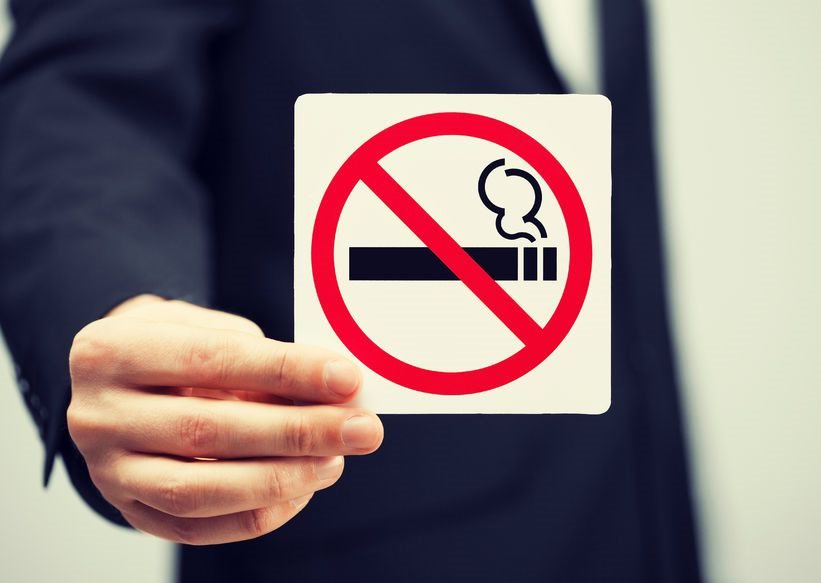
Top stories





Marketing & MediaAds are coming to AI. Does that really have to be such a bad thing?
Ilayaraja Subramanian 19 hours

More news
















This includes companies that distribute any confectionery, toy or any items that resemble or likely promote the related reduced-risk products.
This is according to the new Tobacco Products and Electronic Delivery Systems Control Bill, which is currently before Parliament.
South Africa is forging ahead with proposed legislation that introduces strict new antismoking rules and regulates e-cigarettes.
The bill proposes the legislation of electronic nicotine and non-nicotine cigarettes for the first time and the introduction of 100% smoke-free areas, including in some public areas, workplaces or vehicles.
It also seeks to change how cigarettes are packaged and recommend the use of graphic warnings and a total ban on the display points of sale and vending machines for tobacco products.
Speaking during the tobacco control webinar on Wednesday, Health Department's Dr Tshimi Lynn Moeng-Mahlangu said the draft bill seeks to repeal the current Act of 1993.
The new bill, according to Moeng-Mahlangu, also aims to promote public health and align with the World Health Organisation (WHO) Framework Convention on Tobacco Control (FCTC) treaty.
“When amendments were introduced in the old Act, we realised that the amendments were more than 50%, which means that it would be more like a new Act altogether. So, we were legally advised that we need to come up with a completely new bill so that we can then repeal the current Tobacco Act,” she explained.
In addition, she told attendees that the current Act also does not allow the regulation of e-cigarettes and vaping products.
“So, the other challenge is that there's easy access at the moment of all these new products, increasing exposure to children and everyone. There’s no control,” she added.
Moeng-Mahlangu believes that if the country maintains the status quo, e-cigarettes will continue to flood the market and government will fail to enforce these products if they remain unregulated.
“Another option that I think a lot of industry players would promote is that we should educate people, do more research and monitor.”
However, she believes that education alone will not deter people from using these products.
“Therefore, you need to also create an environment that is inhibiting access to these products. This option is not comprehensive and will not single-handedly achieve the desired outcomes of limiting access and demand.”
She thinks that government needs to control the marketing and use of all emerging new innovative products, which have proved to be harmful.
The official quoted the WHO report that found that e-cigarettes are “undoubtedly harmful” and contains toxic substances including nicotine, which is highly addictive.
According to the findings, they can lead to a heart attack and a stroke and can harm brain development in adolesents.
“The long-term health effects of these products remain unclear, but if we're going to wait as a country until we see the long-term effects, it might be too late for us to stop and many young people will be addicted to the product already.”
Moeng-Mahlangu said the government is determined to protect young children, non-users, pregnant women and families where there are non-smokers.
“It's a constitutional imperative for government to protect our citizens from the harmful effects of second-hand smoke. If you have a crèche where the owner or there are people smoking or have children in the car and adults are smoking, that alone is a problem, because it means children are exposed.”
Citing the Global Adult Tobacco Survey (GATS) 2021 study, Moeng-Mahlangu said that 25.8% of South Africans aged 15 and above are tobacco smokers.
“In some of the shops, you can see that the cigarette is placed next to sweets, which means even children can have access to them.”
She also noted that tobacco-related illnesses cost the country about R42bn whereas the industry contributes between R12 and R15bn to the fiscus.
SAnews.gov.za is a South African government news service, published by the Government Communication and Information System (GCIS). SAnews.gov.za (formerly BuaNews) was established to provide quick and easy access to articles and feature stories aimed at keeping the public informed about the implementation of government mandates.
Go to: http://www.sanews.gov.za